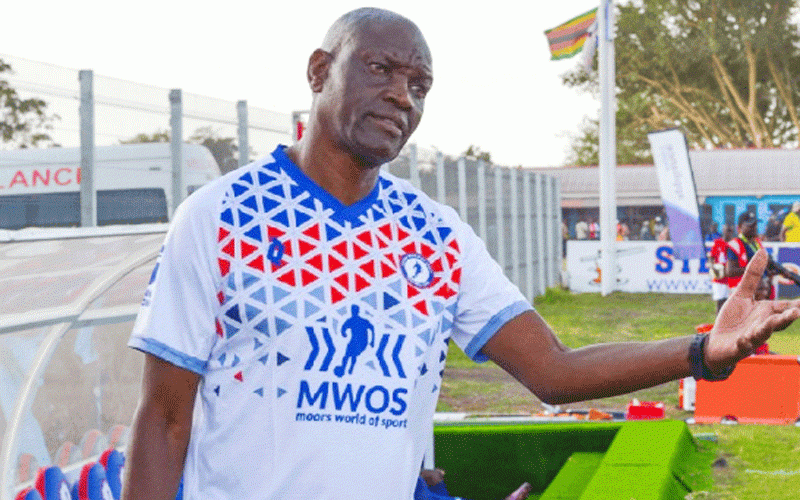
THERE is a distressing trend in Zimbabwe cricket which has refused to go away.
While other countries make headlines for playing cricket with the occasional off-field controversy, boardroom issues are constantly blighting Zimbabwe’s cricket story.
The new franchise debate, which has been met with different feelings – from deep suspicion to hope and from strong disapproval to the benefit of doubt – is the latest in a series of events to take the limelight away from the core business of playing cricket. The “blackout” of playing issues is worsened by the current off-season period, which ends in August when Bangladesh are set to tour here for five ODIs.Zimbabwe last played in Kenya at the beginning of the year, whitewashing the hosts in a five match ODI series.They then went to India to play in a domestic competition while the “A” side was down in South Africa to play some Associate sides who were preparing for the World Cup qualifiers. With all due respect, it has just been too little and too inferior cricket compared to what other leading countries are playing. The omission from the ICC World Twenty20, whose final is on Sunday, has further alienated Zimbabwean players. Zimbabwe were forced to watch from the sidelines after the British government said it would not grant visas to a team representing Zimbabwe on political grounds. A compromise was then reached to have Zimbabwe stay at home while benefiting from the financial proceeds of the tournament. And when over 100 cricketers from different countries gathered in South Africa for the 2009 Indian Premier League series recently, there was no Zimbabwean representation after Kolkata Knight Riders decided Tatenda Taibu was excess to requirement.This lengthy inaction by Zimbabwe makes the forthcoming Bangladesh tour even more interesting, especially from a selection viewpoint.The biggest news in selection, perhaps, could be the dramatic return of batsman Mark Vermeulen to the team after ZC gave him selection green light, a year after he was set free by a Harare court on medical grounds having faced trial for two arson attacks on the ZC boardroom and academy pavilion.A mentally stable and fit Vermeulen hardly has anything to prove to anyone in Zimbabwe cricket considering his obvious batting talents, but the way he has come out and showed plain hunger for runs as if he were an emerging player makes his comeback even more inevitable. His return could also coincide with that of Matabeleland teammate Charles Coventry, who quit the team in 2006 after fallout with former coach Kevin Curran.These duo’s return could put pressure on some top-order batsman such as Vusi Sibanda and Stuart Matsikenyeri, who haven’t done enough to retain their spots.Brendan Taylor could also bounce back after briefly appearing in the past domestic season.Of the new players, there should be places for Forster Mutizwa and Malcolm Waller, who were both revelations in the ended season.          On the bowling side, the selectors will have a pleasant dilemma given a clean bill of health in attack.Elton Chigumbura has provided more than handy firepower upfront, but his role must be redefined as his batting has suffered after he started getting the nod as an opening bowler. Is he now being selected primarily as a bowler, or he is still a batsman who can bowl?Maybe he needs to revert back to his old role as a batsman and replacement bowler to give Tawanda Mupariwa, Ed Rainsford and Chris Mpofu the opportunity to settle.These three can be used in variation to great effect. Mupariwa and Rainsford rely on accuracy, seam, swing and determination, while Mpofu can extract good pace and extra bounce on in friendly conditions. In the spin department, leggie Cremer has brought an interesting, new dimension to the team. After his performances in Kenya, Cremer ought to be in the squad, but his inclusion on the team card will depend on conditions and requirements because it will mean a three-man spin attack with Prosper Utseya and Ray Price – which worked in Kenya. It can work like a charm, it can backfire. Such a move means sacrificing one specialist bowler, a seamer, presumably. The best way, perhaps, to do it is to give Cremer an all-rounder role, batting in the lower middle-order, and then have him as backup to Utseya and Price. But then, you also don’t want to confuse a young player by complicating roles and create another Chigumbura.
BY ENOCK MUCHINJO











